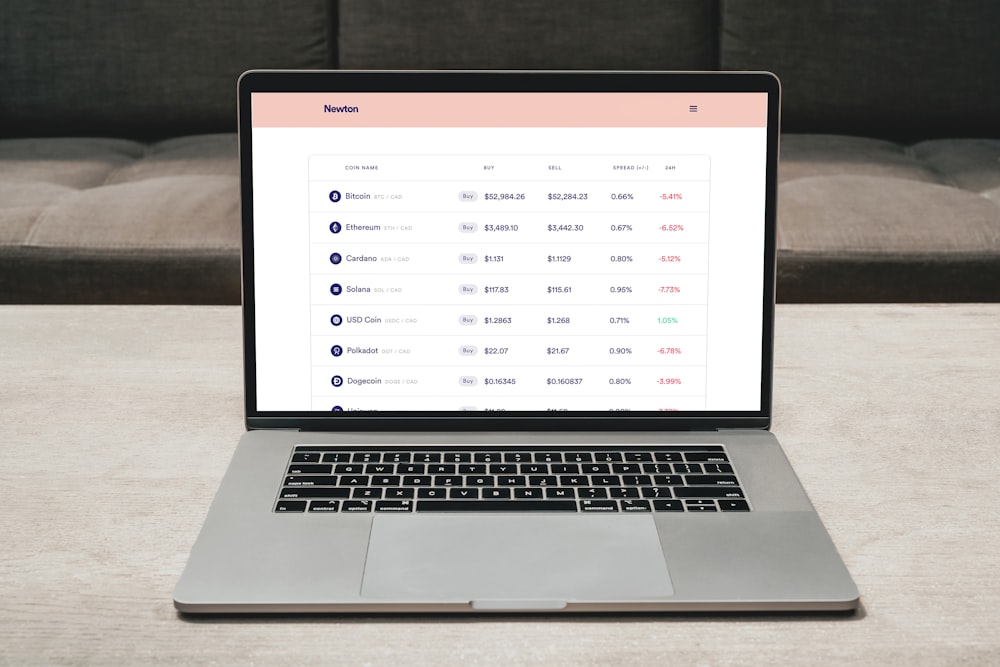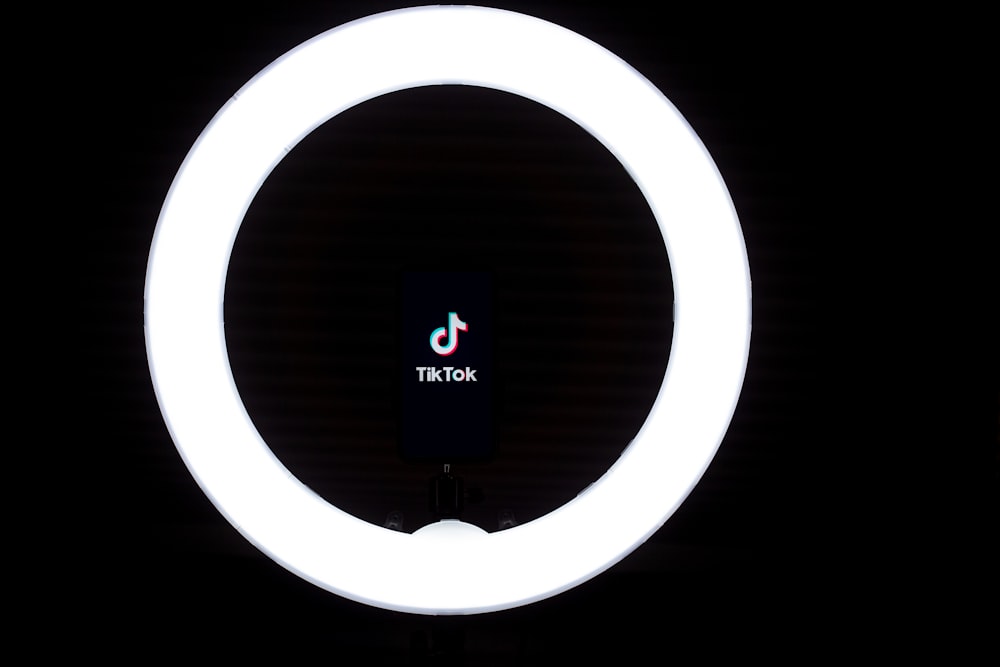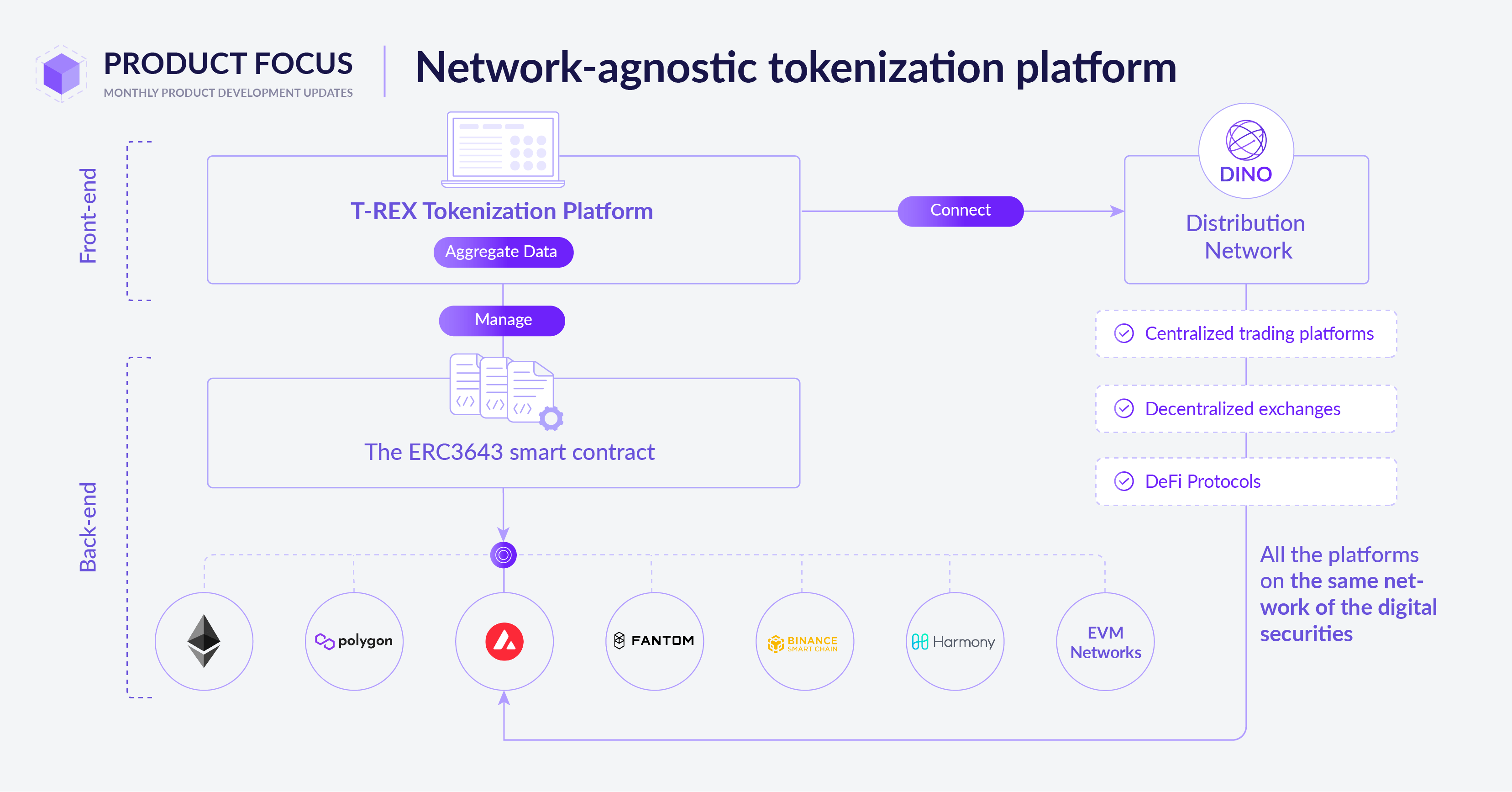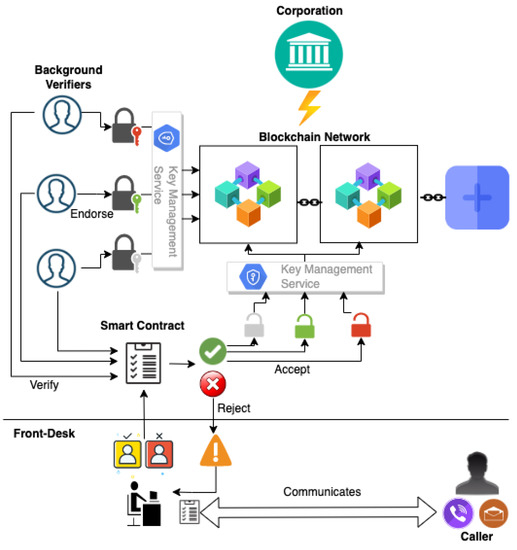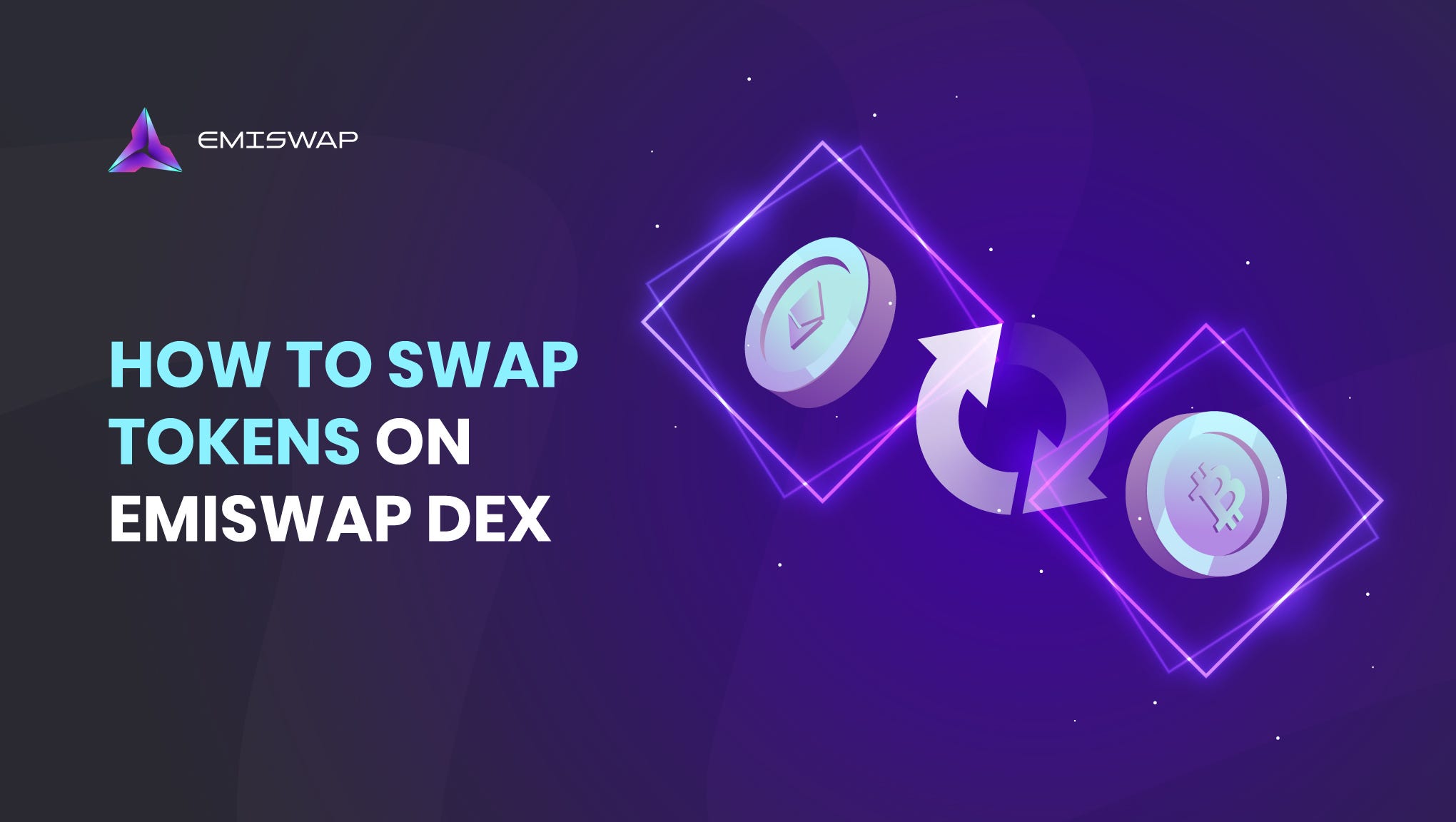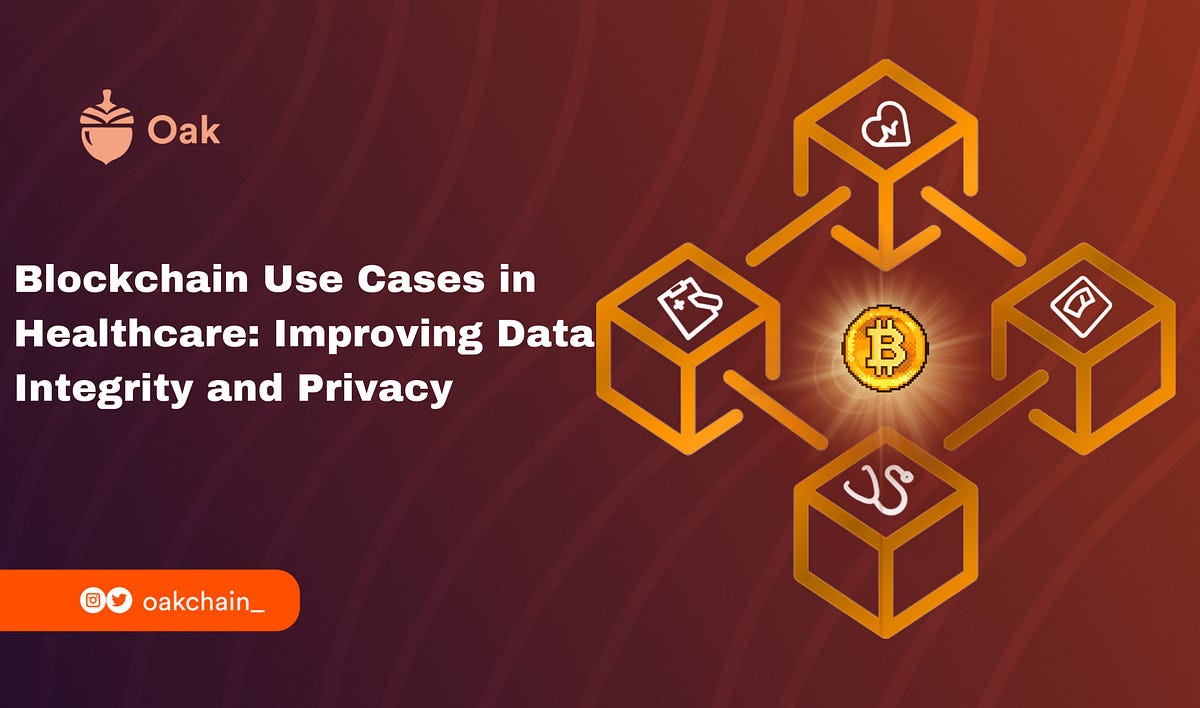
Securing Data Integrity on the Blockchain: A Definitive Approach
Blockchain technology has emerged as a robust solution for securing data integrity. This article explores how the blockchain ensures data integrity and why it has become a definitive approach in various industries.
The Foundations of Data Integrity on the Blockchain
At the core of blockchain technology lies its ability to ensure data integrity. Each block in the blockchain contains a cryptographic hash of the previous block, creating an immutable chain of data. This design ensures that once data is recorded on the blockchain, it cannot be altered or tampered with, providing a high level of assurance regarding data integrity.
Decentralization and Consensus Mechanisms
Blockchain’s decentralized nature contributes significantly to data integrity. Traditional databases are susceptible to attacks or corruption at a central point, compromising data integrity. In contrast, blockchain relies on a network of nodes, and consensus mechanisms ensure that all participants agree on the validity of transactions, reinforcing the integrity of the data.
Smart Contracts: Automating Data Integrity Assurance
Smart contracts, self-executing contracts with predefined rules, add another layer to ensuring data integrity on the blockchain. These programmable contracts automatically execute and enforce predefined rules when specific conditions are met. By embedding data integrity checks within smart contracts, blockchain applications can autonomously verify and validate data, reducing the risk of human error or malicious manipulation.
Immutable Audit Trails for Enhanced Transparency
Blockchain’s transparent and immutable nature creates a robust audit trail. Every transaction and data entry is timestamped, linked, and stored across the distributed network. This transparency ensures that any changes or modifications to the data are immediately visible to all participants, enhancing overall transparency and accountability.
Applications Across Industries
The use of blockchain for ensuring data integrity spans across various industries. In healthcare, patient records can be securely stored and shared among authorized parties without compromising data integrity. Similarly, in supply chain management, blockchain ensures the traceability and authenticity of products, preventing data manipulation throughout the supply chain.
Challenges and Solutions in Data Integrity on the Blockchain
While blockchain technology provides a powerful solution for data integrity, challenges still exist. Scalability, energy consumption, and interoperability are among the issues being addressed. Solutions such as layer-two scaling solutions, eco-friendly consensus algorithms, and industry-wide standards are being developed to overcome these challenges.
The Future: Interconnected and Secure Data Ecosystems
Looking ahead, the future of data integrity on the blockchain involves the creation of interconnected and secure data ecosystems. As more industries adopt blockchain solutions, interoperability will play a crucial role in ensuring that data flows seamlessly across different blockchain networks, further enhancing the overall integrity of digital information.
Explore More About Data Integrity on the Blockchain
For deeper insights into how blockchain ensures data integrity and its applications across industries, visit www.itcertswin.com. Explore resources, stay updated on blockchain developments, and gain a comprehensive understanding of the evolving landscape of data integrity.
In conclusion, securing data integrity on the blockchain has become a definitive approach, revolutionizing how information is stored, verified, and shared across industries. As blockchain technology continues to mature, its impact on ensuring data integrity is set to reshape various sectors, fostering trust and transparency in the digital era.








